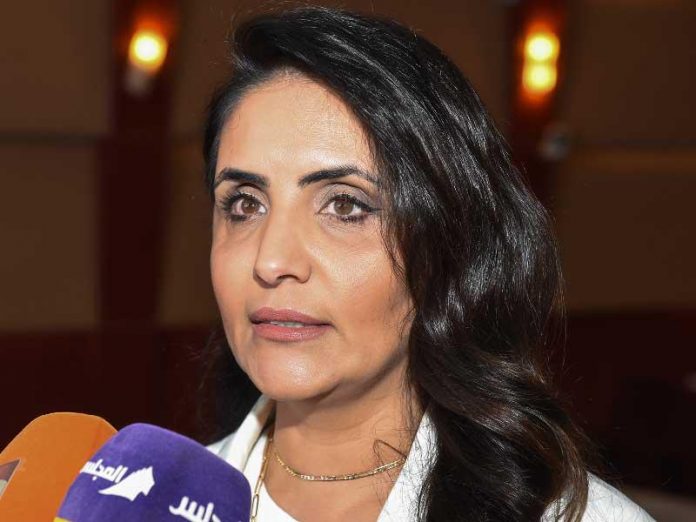The Assistant Secretary-General for the Prevention Sector at the Public Authority for Anti-Corruption ‘Nazaha’ Abrar Al-Hammad confirmed the fight against corruption is two-pronged; the first aspect is the ‘prevention’ while the other is ‘penal’.
Al-Jarida quoting Al-Hammad said the role of the Anti-Corruption Authority is not only to protect public money, but to protect society and people from falling into the trap of corruption through prevention, raising awareness and preventing the formation of a permissive culture or a simple environment that fosters corruption.
She pointed out there are strategic projects in Kuwait that must be implemented through education by injecting values into the school curricula and activities to raise awareness, rebuild values, respect the law, human rights, public interest and individual control.
She added these projects should also be implemented by evaluating the curricula of the Kuwait University, private universities and “applied education” institutes to ensure they serve the goal of fighting corruption, and pointed to the existence of cooperation between Nazaha, international organizations and the ‘Justice for Education Initiative’, on ethical and behavioral concepts to combat corruption and implement internal mechanisms to combat forgery of university degrees.
Al-Hammad feels ‘financial disclosure’ is the first item in the fight against corruption, and admitted the percentage of commitment in submitting financial statements reached 99 percent and that the authority has run a check of 55 percent of these statements in order to improve the quality of integrity in public jobs and to establish components for development and measurement.
She went on to say, the ‘Sahel’ (Easy) application will, to a large extent, will reduce corruption since it keeps in check the factor of human interference, and pointed out the authority in collaboration with the Research Institute will the conduct of work at most government outlets where corruption has spread to cleanse them of administrative corruption.
She affirmed Nazaha supports all efforts to root out corruption, especially that the authority has supported many initiatives of civil society institutions in the field of transparency and anti-corruption, noting the authority’s support for a government initiative in internal application, as well as launching a campaign at the end of the year to educate everyone about corruption in all sectors and their role in influencing work, “is just the beginning and will continue.”
Al-Hammad indicated that “Integrity” is concerned with international indicators that reveal corruption and weaknesses, and will develop practical steps to achieve reform and improve Kuwait’s position in these indicators in cooperation with the Transparency Society, stressing that the move to combat corruption is among the challenges, and this scourge must not be tolerated or accepted. The authority, she said, is determined to plug all the loopholes from all directions, which requires support of all.

















